Soft, breathable & durable staple fiber yarn made from 100% polyester or blends. Ideal for knitting, weaving, apparel & home textiles. Offers excellent color retention, pilling resistance & easy care. Custom counts & twists available.
Pure polyester yarn is spun from polyester staple fibers, and polyester fabrics have high strength and elastic recovery ability. Therefore, they are sturdy, durable, wrinkle resistant, and iron-free. Polyester fabric, not deformed, has good washable and wearable properties. Polyester is a heat-resistant fabric in synthetic fabrics, which has thermoplastic properties and can be made into pleated skirts with long-lasting pleats.
Polyester spun yarn | |
SPEC | 5s 7s 8s 10s 13s 16s 21s 28s 32s 40s 60s |
More specifications can be customized | |
The light fastness of polyester fabric is better than that of natural fiber fabric. Especially behind the glass, the sun resistance is very good, almost on par with acrylic. Polyester fabric has good resistance to various chemicals. Acids and alkalis do not cause significant damage to it, and they are not afraid of mold or insect infestation. Polyester has a wide range of uses, and is widely used in the manufacturing of clothing and industrial products, as well as in the production of polyester yarn. The raw material is Yizheng Dahua, with high tensile strength, good evenness, electric cleaning without knots, bleaching resistance, and dyeing resistance. It is a material for clothing fabrics, decorative fabrics, bedding, canvas, and other materials.
Our company’s products are widely used in sand release, curtain cloth, sand washing cloth, sweaters, gloves, hats, scarves, socks, fabrics, knitting machines, large round machine yarn, and so on.
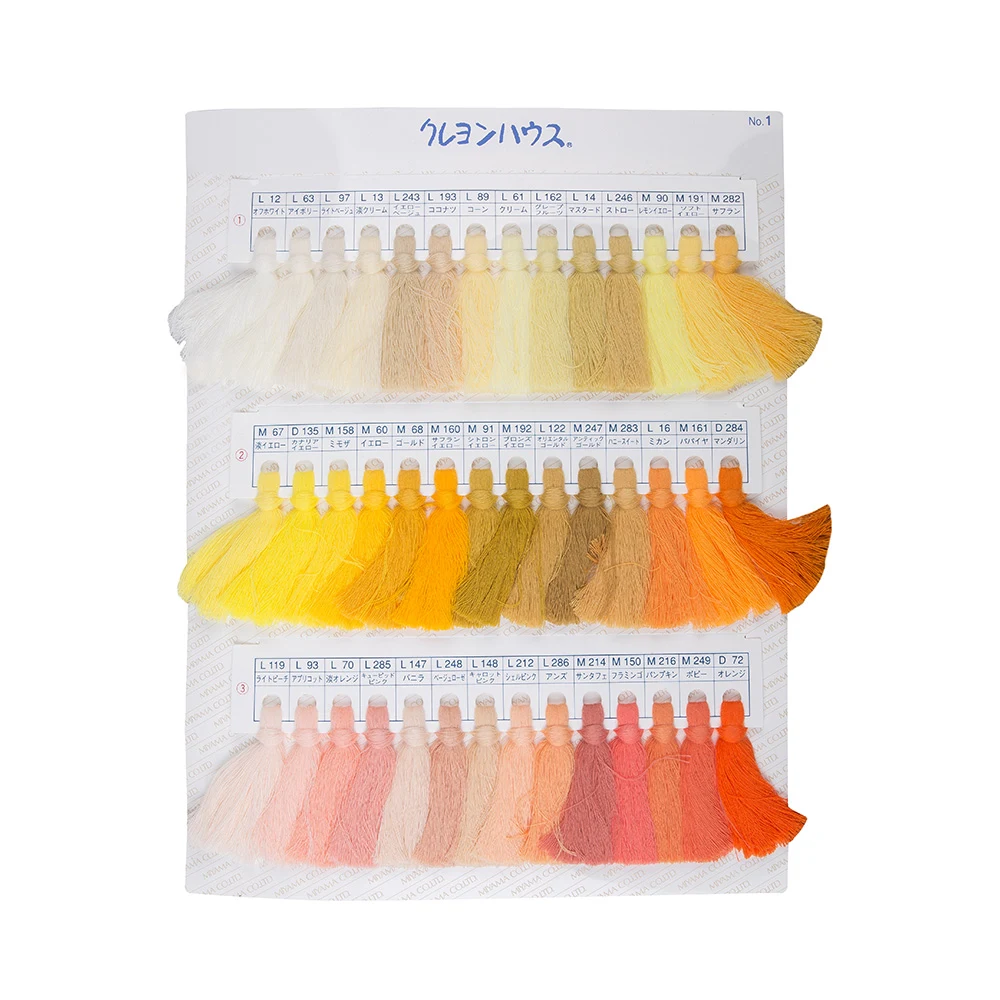
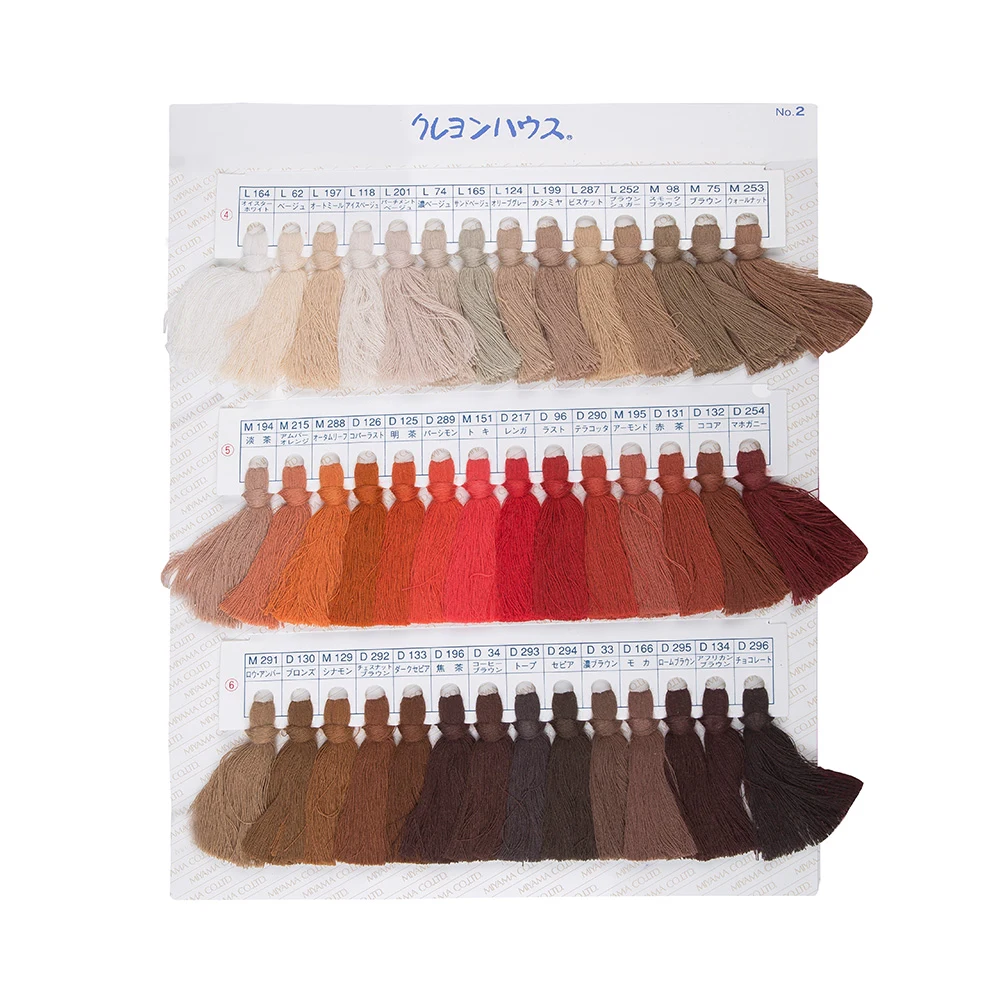
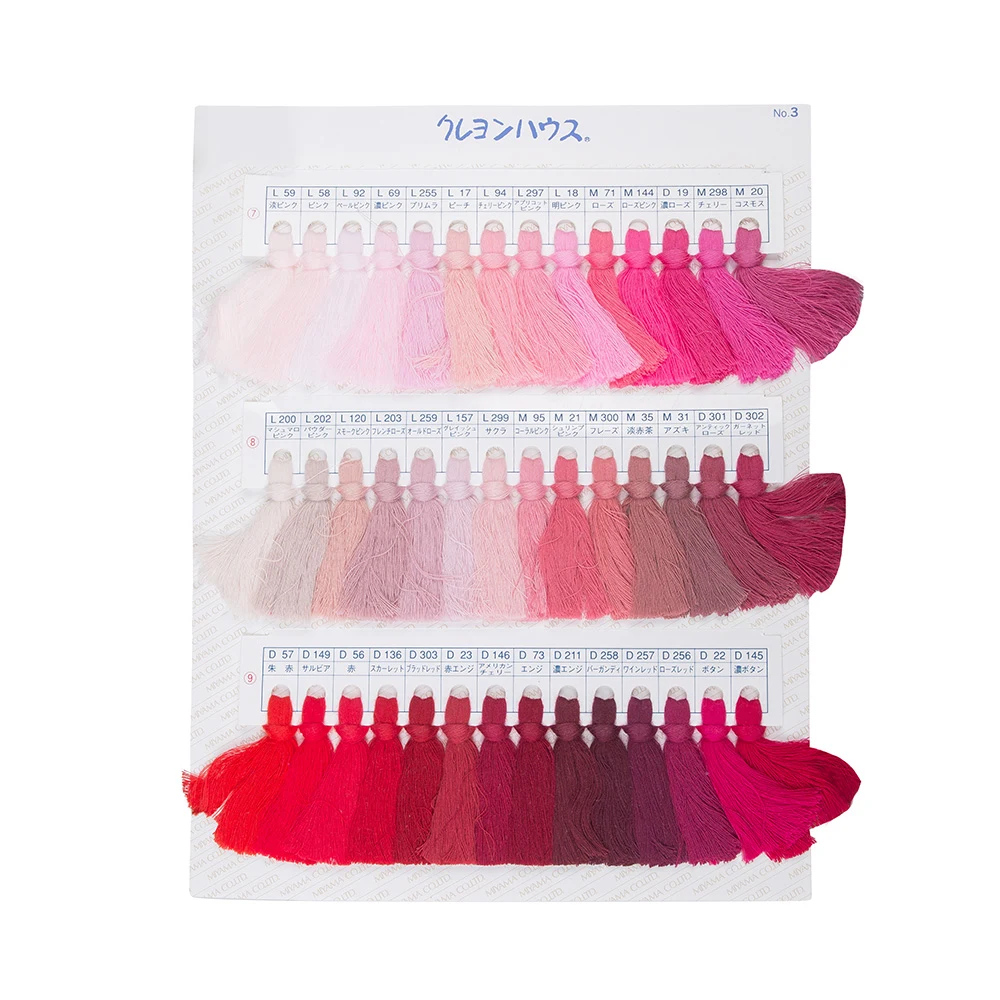
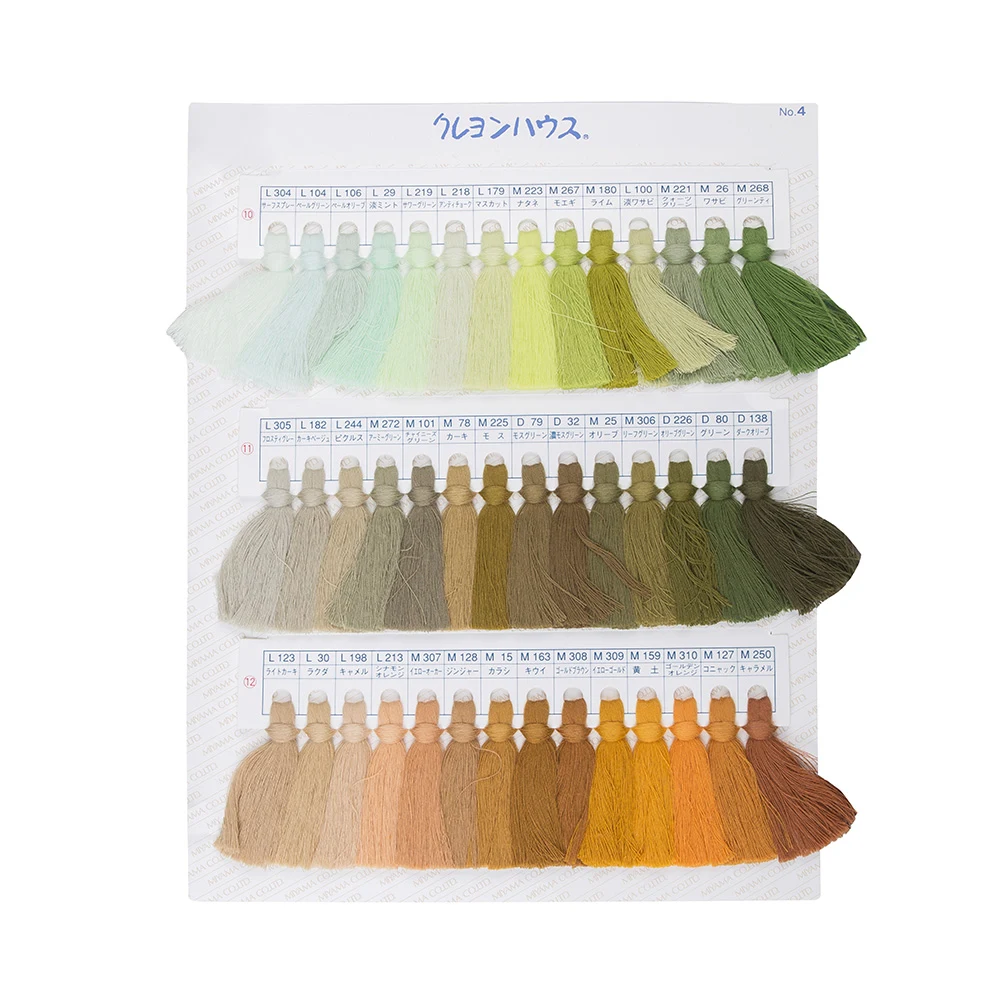

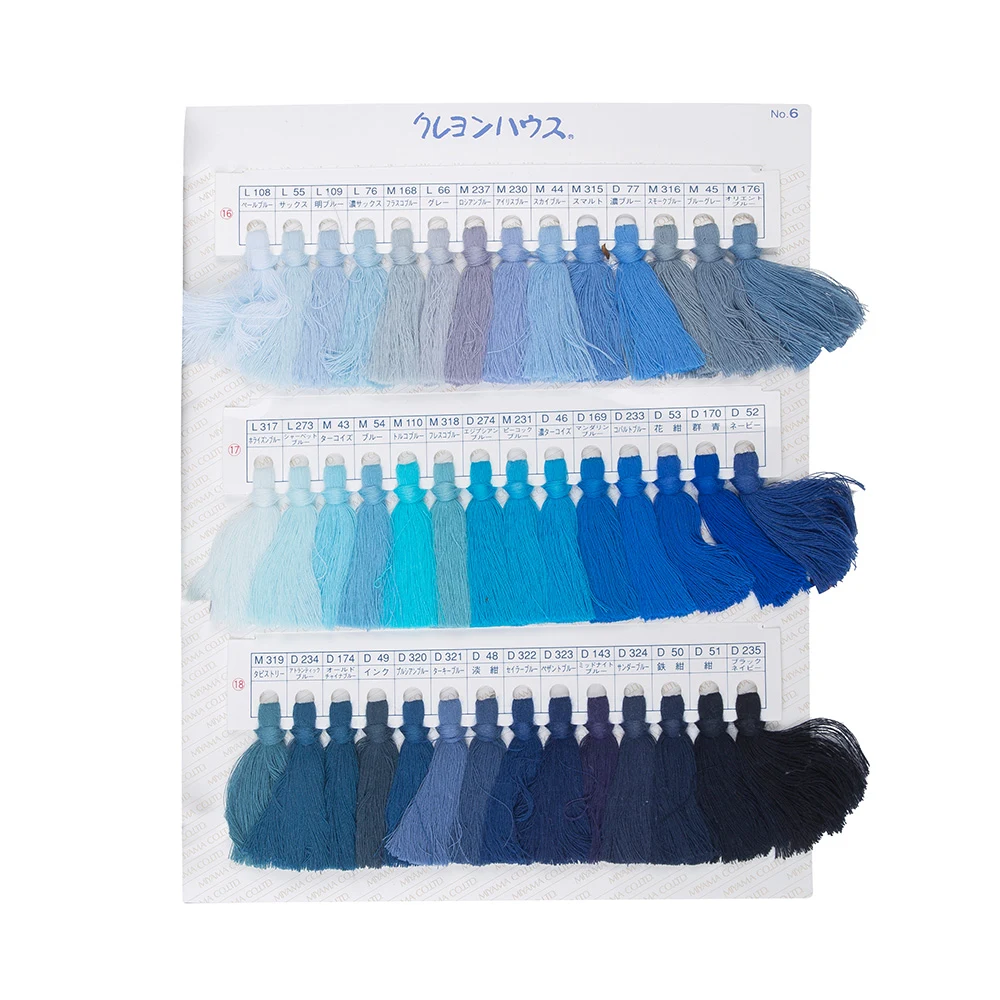
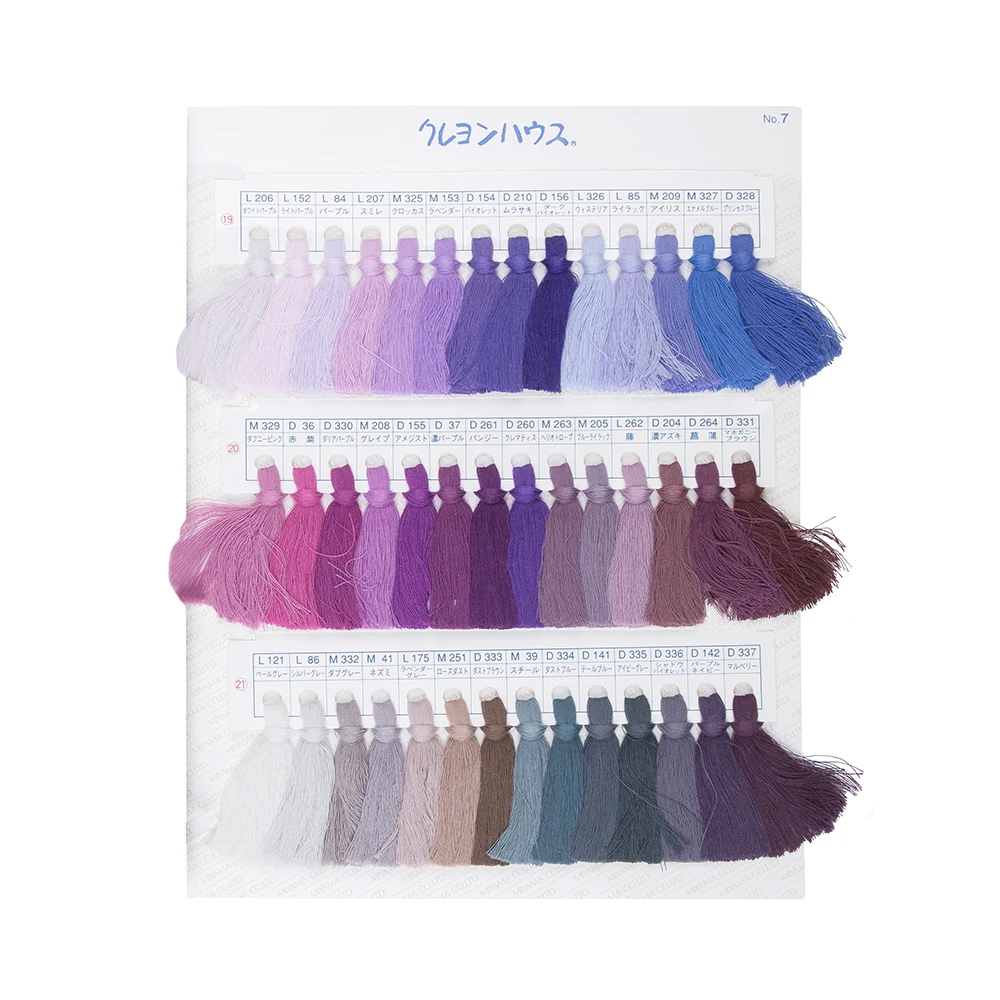
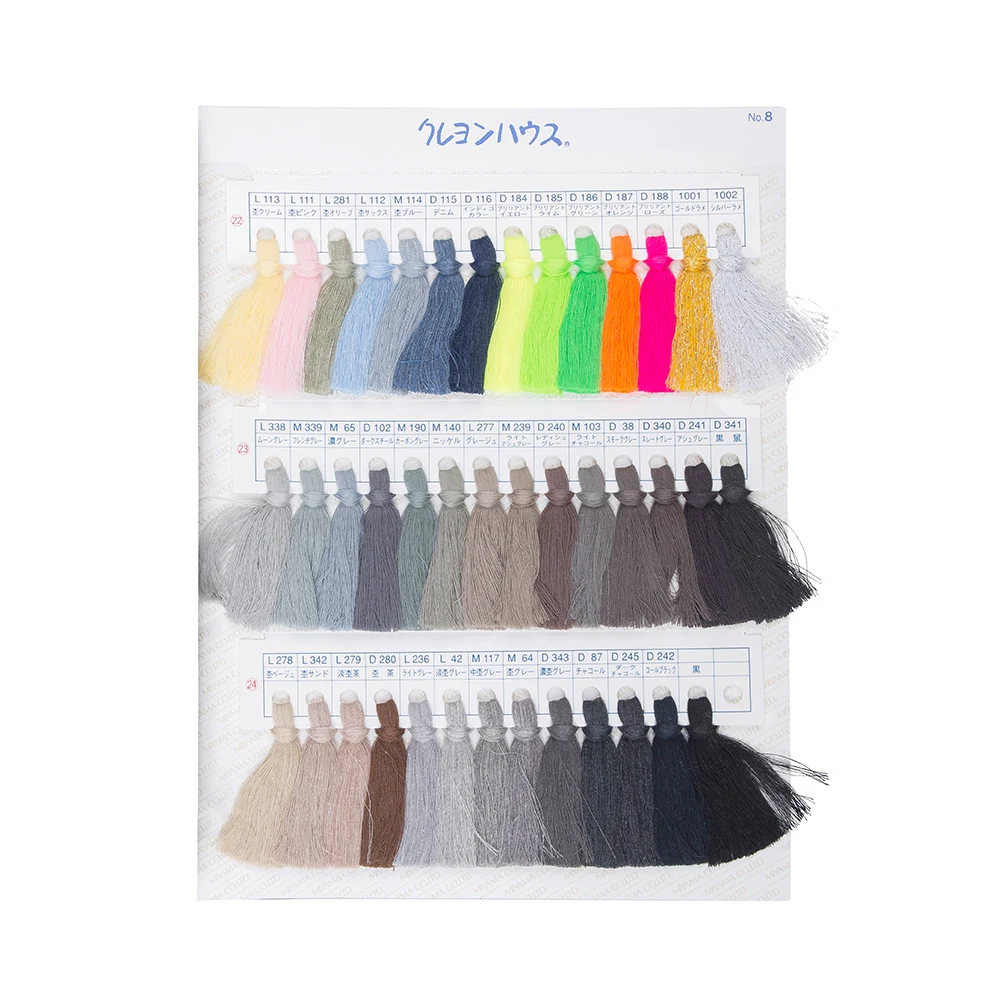
Our sock yarn collection offers exceptional softness, durability, and vibrant colors to bring your creative visions to life. Perfect for cozy socks and accessories, our yarn is available in a range of weights and patterns at competitive prices. Contact us today for your catalog and start creating beautiful, long-lasting pieces!

Copyright © 2024, JWSOCKYARN. All rights reserved.